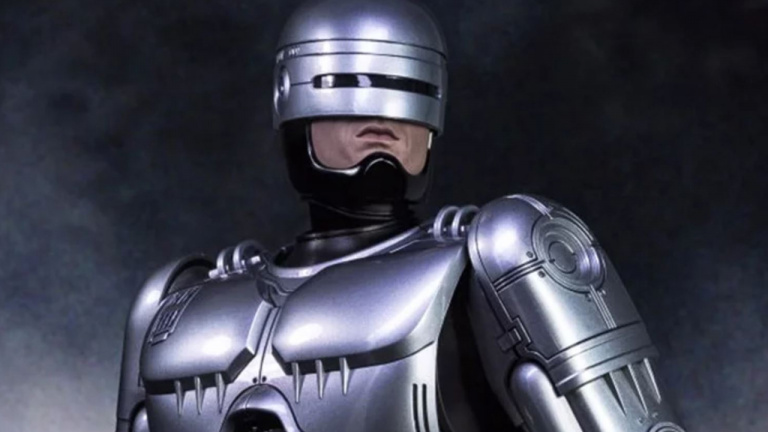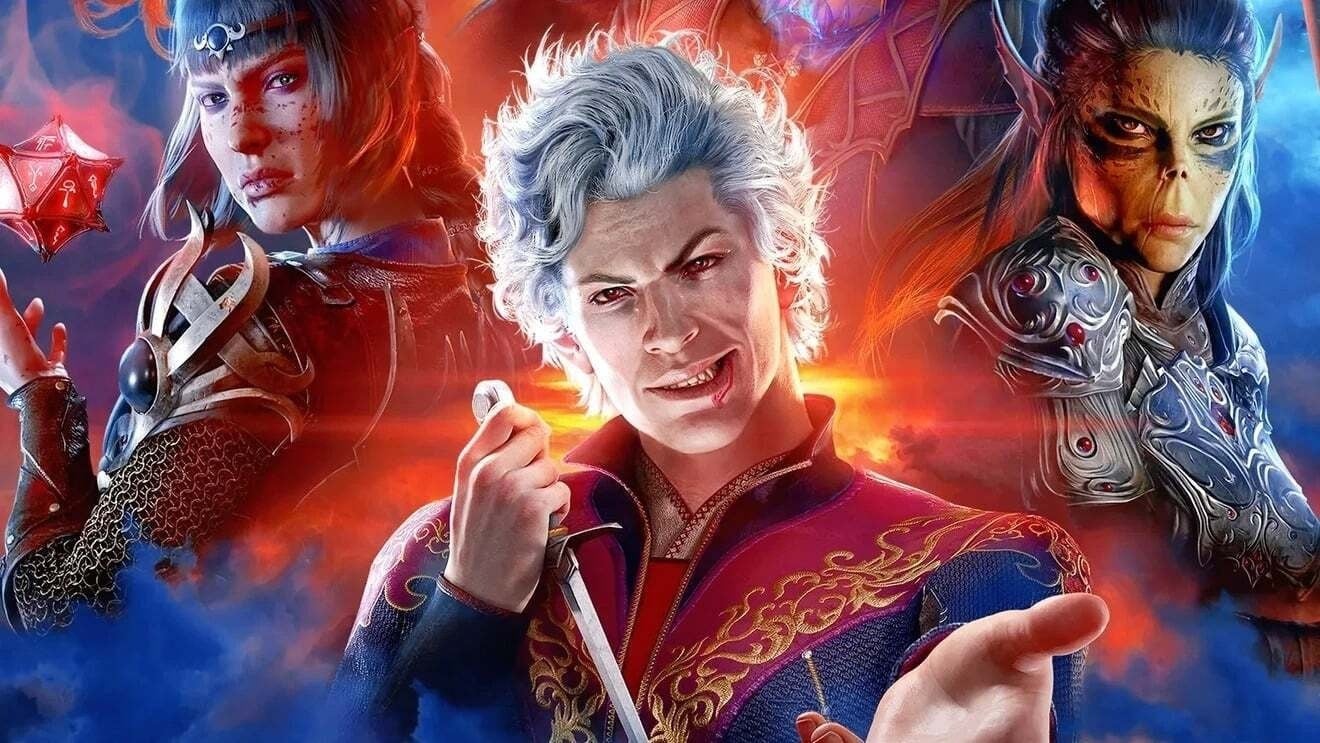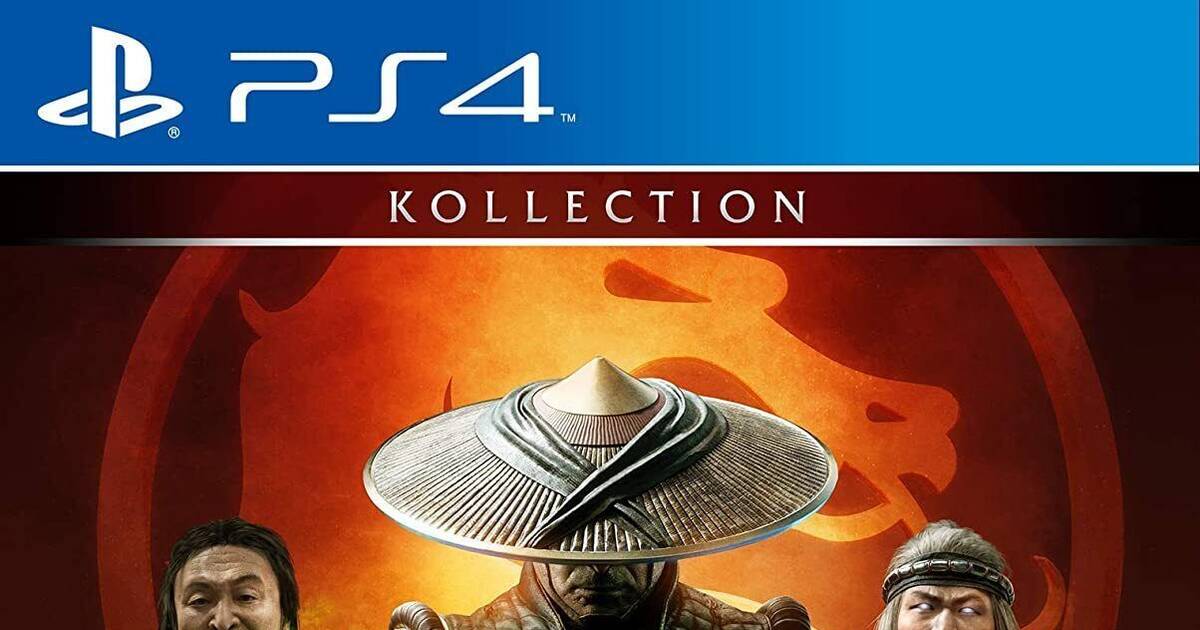The 1980's were a breeding ground for pop culture. This decade in particular has given birth to numerous monsters and “sacred” creatures of cinema which still haunt the 7th Art today. We could cite the T-800, the Predator or the xenomorph, exceptional antagonists, but on the other side of the chessboard is a fervent defender of justice, a deeply human character. Since its tensioning, RoboCop has surveyed the arts in all its forms (or almost) and video games are no exception.
1980’s

The Detroit cybernetic policeman left the Omni Cartel of Products (or OCP) assembly lines on July 17, 1987 and began patrolling dark rooms. RoboCop, directed by Paul Verhoeven (Basic Instinct, Starship Troopers, Total Recall…) and produced by Orion Pictures, depicts a dystopian future, that of a "factory" city in the United States plagued by rampant crime and dominated by omnipotent mega-incorporation. The film made a lasting impression on its graphic violence and the accuracy of the themes addressed (here wild liberalism and the quest for humanity of its hero) and imposed itself in the collective imagination. This recognition will have repercussions on the future of this fictional character who has become, despite himself, an icon with children.

It took less than a year to witness the police’s first video game arrest. In 1988 RoboCop was developed by Data East. This official adaptation of the eponymous film is an effective Run & Gun hailed according to the machines for its respect for the original material, its animations and the integration of the digital voices of the actors
1990’s

Alex Murphy returned to service in 1990 under the direction of director Irvin Kershner (Star Wars Episode V: The Empire Strikes Back…) and the pen of Frank Miller (famous author of comics) for a more than disappointing result. RoboCop 2 marks then a point of no return for a saga in full rise, but become over time a cartoon caroonesque of itself. What if the safety of the Detroit policeman was in the video game? Data East and Ocean Software continue their film adaptation policy with RoboCop 2, an attractive Run & Gun struggling to renew itself.

Surprisingly, less if we dwell on the development of titles adapted from films in the 1990s, the video game RoboCop 3 was initially released in December 1991 before being ported to many machines between 1992 and 1993, the year the film was released. . Digital Image Design offers a multiple experience made up of varied gameplays ranging from driving, shooting through phases in jetpack and a fight against a ninja robot. Unfortunately, several later versions of RoboCop 3, including those on the Nintendo Entertainment System, Super Nintendo Entertainment System and Mega Drive, are content to be predictable Shooter-platforms, losing the wealth of their elders.

And what about the film directed by Fred Dekker (uncredited on Demolition Man, The lethal weapon 4, Titan A.E…)? Without rekindling the flame of the eternal debate on whether or not violence is essential in the RoboCop franchise, the film RoboCop 3 struggles to convince and turns a brutal dystopia into an "all public" saga, a decision that is not unanimous among fans.

Films and video games have punctuated two decades and yet they are indeed two series which conclude a 20th century which saw the cybernetic vigilante grow and flourish. RoboCop: The Series from 1994 obscures the two criticized feature films and resumes as if nothing was the new life of Alex Murphy. Four years later, in 1998, an animated series entitled RoboCop: Alpha Commando intervenes on a small screen and reactivates the cyborg to fight against a terrorist organization. After 40 episodes and a single season, the series ends.
2000’s

The fun future of the franchise was entrusted in the early 2000s to Titus Software, which acquired the rights. The French publisher unsheathed RoboCop in Game Boy Color in 2001, a Run & Gun similar to that of 1988, while the Game Boy Advance version was canceled the following year. The policeman still takes the time to offer himself a last televised trip with RoboCop: Priority Directives

In 2003, Titus Interactive (formerly Titus Software) delivered a fatal blow to the character with RoboCop. This first-person shooter available on PC, PlayStation 2, Xbox and Gamecube has the one and only feat of arms that can hardly reach 30% on Metacritic. Fortunately, the franchise has resources and is recovering from this failure in 2004 thanks to RoboCop on mobiles… a 2D action game developed by Digital Bridges pitting the metal vigilante against Clarence Boddicker (main antagonist of the 1987 film) and his gang.
2010’s

Ten long years… we must wait a full decade to witness the return of RoboCop and what a return! RoboCop by director José Padilha (Elite Troop, Elite Troop: The Inner Enemy) relaunched the franchise on the big screen in February 2014, not without dividing public opinion. Even before its release, this remake is angered by fans who target RoboCop's updated design. The script and the freedom taken from the original one also disconcert an audience eager to find a modernized version of the original RoboCop and not a reappropriation.

Old habits are stubborn and the 2014 film is no exception to its adaptation to video games. Glu Mobile, in charge of the project, assembles RoboCop: The Official Game on iOS and Android. This generic third-person shooter, while fun to take on, is the willing victim of an aggressive Free to Play business model criticized to the last degree. RoboCop and video games rarely mix, the fault of a policy of adaptation mainly to the detriment of the character and his filthy universe of science fiction. However, the Detroit police officer could raise his head as he entered the Mortal Kombat 11 arena and more specifically in his Aftermath expansion. It will be an opportunity to see the OCP cyborg and the Skynet T-800 compete for posterity in a “deadly” remake of RoboCop Versus The Terminator.
Robocop: The Official Game Trailer
By Silent_Jay, Journalist igamesnews.com
MPTwitter
Table of Contents








